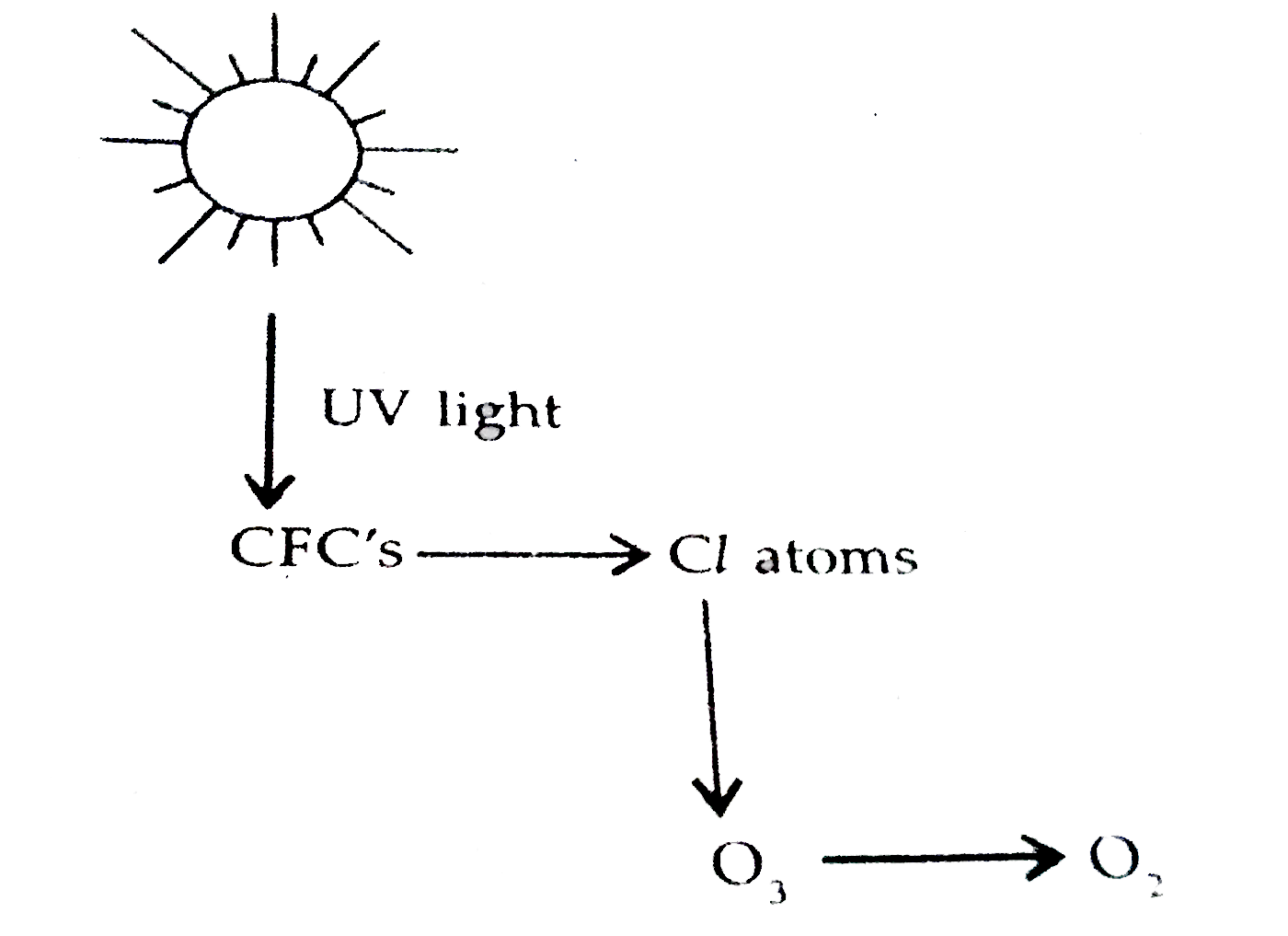What is hypertension? How does it affect human health?
Step-by-Step Solution:
1. Definition of Hypertension:
Hypertension, commonly known as high blood pressure, is a medical condition characterized by persistently elevated blood pressure levels. It is typically defined as having a blood pressure reading of 150/90 mmHg or higher.
2. Mechanism of Hypertension:
In hypertension, the force of the blood against the walls of the arteries is consistently too high. This can occur due to various factors, including increased blood volume, increased resistance in the blood vessels, or both.
3. Effects on Blood Vessels:
Over time, high blood pressure can cause damage to the blood vessels. The constant pressure can lead to the weakening and rupture of blood vessels, particularly in critical areas such as the brain and visceral organs.
4. Consequences of Blood Vessel Rupture:
- Cerebral Hemorrhage: If blood vessels in the brain rupture, it can lead to a cerebral hemorrhage, which is a type of stroke. This can result in severe neurological damage or even death.
- Visceral Hemorrhage: Similarly, if blood vessels in visceral organs (like the kidneys, liver, or intestines) rupture, it can lead to visceral hemorrhage, which can cause organ failure and other serious health issues.
5. Overall Impact on Human Health:
Hypertension can lead to a range of serious health problems, including heart disease, kidney disease, stroke, and other complications. It is often referred to as a "silent killer" because it may not present noticeable symptoms until significant damage has occurred.
Hypertension, commonly known as high blood pressure, is a medical condition characterized by persistently elevated blood pressure levels. It is typically defined as having a blood pressure reading of 150/90 mmHg or higher.
In hypertension, the force of the blood against the walls of the arteries is consistently too high. This can occur due to various factors, including increased blood volume, increased resistance in the blood vessels, or both.
Over time, high blood pressure can cause damage to the blood vessels. The constant pressure can lead to the weakening and rupture of blood vessels, particularly in critical areas such as the brain and visceral organs.
- Cerebral Hemorrhage: If blood vessels in the brain rupture, it can lead to a cerebral hemorrhage, which is a type of stroke. This can result in severe neurological damage or even death.
- Visceral Hemorrhage: Similarly, if blood vessels in visceral organs (like the kidneys, liver, or intestines) rupture, it can lead to visceral hemorrhage, which can cause organ failure and other serious health issues.
Hypertension can lead to a range of serious health problems, including heart disease, kidney disease, stroke, and other complications. It is often referred to as a "silent killer" because it may not present noticeable symptoms until significant damage has occurred.
Topper's Solved these Questions
- BODY FLUIDS AND CIRCULATION Book:MODERN PUBLICATIONChapter:BODY FLUIDS AND CIRCULATION Exercise:REVISION EXERCISES (Long Answer Questions)
Explore 7 Videos
- BODY FLUIDS AND CIRCULATION Book:MODERN PUBLICATIONChapter:BODY FLUIDS AND CIRCULATION Exercise:COMPETITION FILE (Objective Type Questions) (Multiple Choice Question (MCQs))
Explore 125 Videos
- BODY FLUIDS AND CIRCULATION Book:MODERN PUBLICATIONChapter:BODY FLUIDS AND CIRCULATION Exercise:REVISION EXERCISES (Very Short Answer Questions)
Explore 30 Videos
- BIOMOLECULES Book:MODERN PUBLICATIONChapter:BIOMOLECULES Exercise:CASE BASED SHORT ANSWER TYPE QUESTIONS
Explore 1 Video
- BREATHING AND EXCHANGE OF GASESBook:MODERN PUBLICATIONChapter:BREATHING AND EXCHANGE OF GASESExercise:CHAPTER PRACTICE TEST
Explore 14 Videos
Similar Questions
An elderly women slipped in the bathroom and had severe pain in her lower back. After X-ray examination doctors told her it is due to a slipped disc. What does that mean? How does it affect our health?
View Solution
(a) What are the after effects of the degradation of ozone ?
How does it affect human health ?
View Solution
(a) What are the after effects of the degradation of ozone ?
(b) How does it affect human health ?
View SolutionHow does deforestation affect human health?
View SolutionHow does it affect environment?
View SolutionWhat is age composition? How does it affect the population's social and economic structure?
View SolutionHow do Lead and Arsenic affect human health?
View Solution(a) What depletes ozone in the stratosphere? How does this affect human life?
(b) Explain biomagnification of DDT in an aquatic food chain. How does it affect the bird population?
View SolutionWhat is eutrophication? Discuss how does it affect marine plants and animals?
View SolutionWhat is Green house effect ? How does it affect the global climate ?
View Solution

